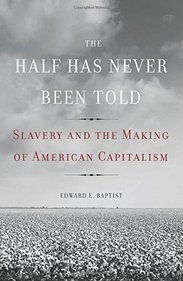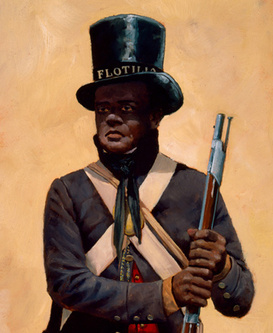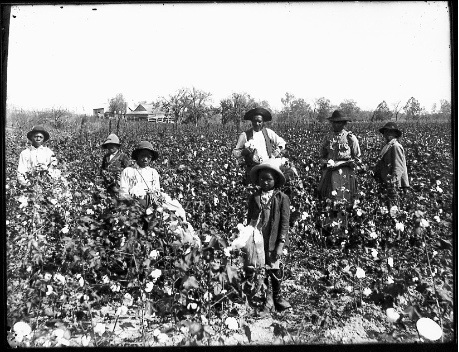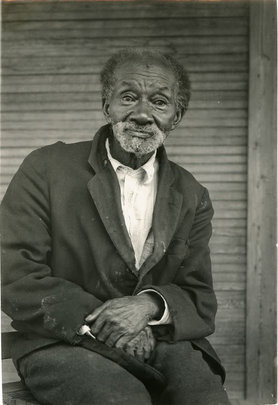
In many ways Baptist does for the story of slavery what Dee Brown's "Bury my heart at Wounded Knee" attempted to do for the story of the American Indians in 1970. His view is clear from the outset: "Enslaved African Americans built the modern United States, and indeed the entire modern world, in ways both obvious and hidden." (loc.229). The book recasts the whole of the story of slavery to see it through the experiences of those it affected. Baptist also goes on to show how the results of slavery continue to influence capitalism today. There is an almost Marxist overtone to his final section, quite unusual in an American history:
"Forced labor that is slavery in everything but name remained tremendously important to the world economy well into the twenty-first century. And the lessons that enslavers learned about turning the left hand to the service of the right, forcing ordinary people to reveal their secrets so that those secrets could be commodified, played out in unsteady echoes that we have called by many names (scientific management, the stretch-out, management studies ) and heard in many places. Though these were not slavery, they are one more way in which the human world still suffers without knowing it from the crimes done to Rachel and William and Charles Ball and Lucy Thurston; mourns for them unknowing, even as we also live on the gains that were stolen from them." (Loc. 8675-8680)
| Every chapter deals with a means by which the enslaved were exploited, but also the quiet ways in which they resisted. The main characters in Baptist's work are not the generals and politicians, but those slaves whose lives were turned upside down by the white men who wielded their right-handed power to dominate the south. But where Brown's approach was heavily criticized for its reliance on oral histories, Baptist is forensic in his evidence. He draws the tales of ordinary men women and children from the pages of the scant records and produces a narrative of living, breathing human beings. Where he does use those stories passed through generations, they become a lens for exploring how the enslaved endured. Baptist fundamentally challenges the bastions of long held historical orthodoxies and demonstrates how the issues which led slavery to such success not only built modern America but also drove the development of capitalism. Slavery he argues was not an outdated practice which would always have given way to capitalist free labour. The Civil War he argues was nothing to do with states' rights and everything to do with the expansion of slavery and the dominance of a particular class of southern society. Even Lincoln is rescued from his revisionist detractors: racist as some of his rhetoric may have been, Baptist fervently makes the case that Lincoln's decision to challenge southern power with stolid resistance was crucial in ending slavery. But more than this, he is determined to rescue the voices of those who have been denied a say int he history of slavery and the Civil War. He attempts to bring back the half never told, the half which has only been passed through the memories of the descendants of the enslaved. He derides those whose temptation has been to suggest that slaves were merely victims of a white system who might have been better served by resisting sooner. He makes a powerful case that most slaves were prevented from open armed resistance thanks to the complicity of the North and ordinary Americans, as well as the brutal power of the slavers. Instead Baptist places extreme emphasis on the way in which slaves were able to keep unity and hope alive through their voices, minds and ideas, awaiting their chance to finally overthrow the system. This he argues was the slow triumph of a patient people fighting a system almost too big to combat. He shifts the focus firmly back onto the agency of the enslaved. A powerful and important book. This should be required reading for anyone studying the history of 19th century America, and indeed the wider history of capitalist nations. |




 RSS Feed
RSS Feed
